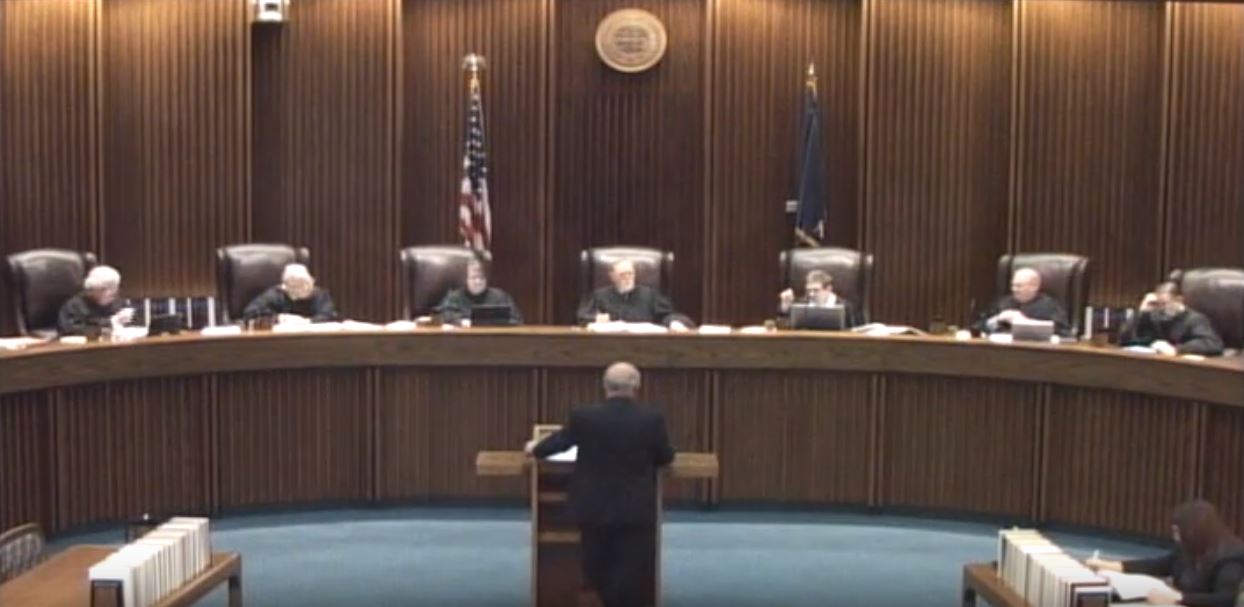
KS SUPREME CT.
TOPEKA – A divided Kansas Supreme Court has ruled that the smell of raw marijuana coming from a residence, when combined with other circumstances, can supply probable cause to support a residential search by police.
This ruling is the first time the court addressed the issue and settled a conflict between Court of Appeals decisions.
The Supreme Court affirmed Lawrence resident Lawrence C. Hubbard’s misdemeanor convictions of possession of marijuana and possession of drug paraphernalia in Douglas County District Court.
Police officers testified they smelled the strong odor of raw marijuana while standing at Hubbard’s apartment door questioning him about another matter. They directed the occupants to leave the apartment while they applied for a search warrant. The officers conducted a security sweep to preserve evidence, and then waited for a judge to issue the warrant. It was during that search they found 25.07 grams of raw marijuana in a Tupperware container inside a safe, a small amount of marijuana on a partially burnt cigarillo in the living room, and several bongs, which were clean and had no marijuana residue.
Hubbard challenged the officers’ ability to smell raw marijuana at his doorway. The district court disagreed, noting the officers’ experience in detecting the odor. Hubbard also argued the officers needed to be qualified as expert witnesses to give their opinions about what they smelled.
In affirming the conviction, the Supreme Court split 4-3. The majority noted Kansas has recognized for several years that the odor of marijuana detected by an officer trained and experienced in identifying the smell provided probable cause to search a vehicle. In applying those same principles to a residential search, the majority noted an officer’s testimony about smelling the odor of an illegal substance was simply part of the circumstances that a court considers when deciding if there is probable cause to believe a crime is being committed or that the residence contains evidence. In rejecting the argument that officers needed to be qualified as experts, the majority opinion, written by Justice Dan Biles, observed, “We are not dealing with sommeliers trying to identify a white wine as a Loire Valley Chenin Blanc.”
The dissent, written by Justice Carol Beier, and joined by Justices Eric Rosen and Lee Johnson, agreed with Hubbard that the officers needed to be qualified as expert witnesses.
Below is the oral argument video.
.
